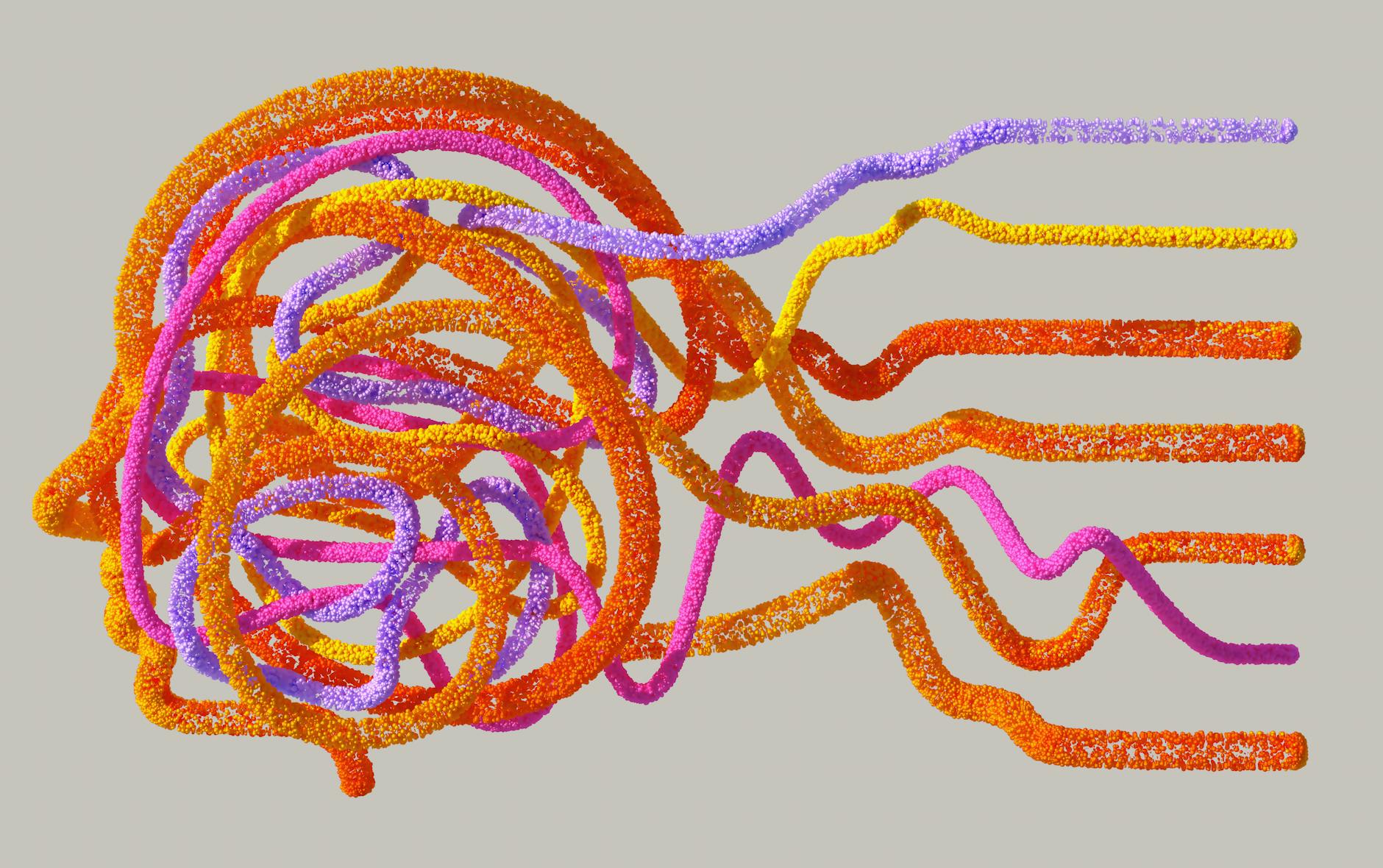MIT’s Self-Improving AI, SEAL, Ushers in a New Era of Machine Learning | OpenAI Partners with Mattel & LLM’s Face Real-World Challenges

Key Takeaways
- MIT researchers unveil SEAL, a framework enabling self-improving AI through reinforcement learning.
- OpenAI partners with Mattel to integrate AI into Barbie and Hot Wheels brands.
- Salesforce study reveals limitations of LLMs in real-world applications like CRM.
- LinkedIn enhances job search with AI-powered LLM distillation.
- A new open-source model, MiniMax-M1, offers a cost-effective solution for advanced AI.
Main Developments
The world of artificial intelligence is buzzing today, with breakthroughs and challenges emerging across various sectors. The most significant development comes from MIT, where researchers have unveiled SEAL, a groundbreaking framework that allows large language models (LLMs) to autonomously improve their performance through reinforcement learning. This represents a monumental leap towards truly self-improving AI, potentially revolutionizing how we develop and deploy these powerful technologies. SEAL’s ability to self-edit and update its own weights marks a shift from the traditional, human-intensive model tuning, paving the way for more efficient and adaptive AI systems.
Meanwhile, the commercial applications of AI continue to expand rapidly. OpenAI has announced a strategic partnership with Mattel, bringing the magic of AI to iconic brands like Barbie and Hot Wheels. This collaboration aims to revolutionize creative development, streamline workflows, and create innovative new fan engagement opportunities. This move highlights the increasing integration of AI into mainstream consumer products and the potential for AI to enhance creativity across industries.
However, the path to widespread AI adoption isn’t without its hurdles. A recent Salesforce study casts a critical light on the limitations of current LLMs in real-world scenarios. The study found that LLM agents failed to meet benchmark standards for CRM tasks and confidentiality protocols, underscoring the need for more rigorous testing and development before deploying LLMs in sensitive environments. This highlights the critical need for ongoing research and development to address the challenges of reliability, security, and ethical considerations related to AI implementation.
Elsewhere, LinkedIn has quietly revolutionized its job search functionality using AI-powered LLM distillation. By distilling large models, LinkedIn has created a more efficient and effective job search experience, improving its understanding of user queries and delivering more relevant results. This demonstrates the practical application of AI techniques to improve existing services and provide a better user experience. The cost-effective open-source model, MiniMax-M1, with its impressive 1 million token context window, provides another promising development in the ongoing quest for affordable and accessible AI. This allows smaller organizations and researchers to experiment with advanced AI capabilities without the prohibitive costs associated with larger proprietary models.
Analyst’s View
The news today showcases a fascinating duality in the AI landscape. While breakthroughs like SEAL offer tantalizing glimpses into the future of self-improving AI, the Salesforce study serves as a timely reminder that we are still in the early stages of development. The successful integration of AI into mainstream products by OpenAI and Mattel underscores the growing commercial potential, yet the inherent risks and ethical considerations must remain paramount. The key takeaway is the need for a balanced approach: fostering innovation while simultaneously addressing the challenges and potential pitfalls associated with this transformative technology. We should expect increased scrutiny of LLM performance in real-world settings and a greater focus on developing robust and responsible AI systems moving forward. The race to develop truly reliable and ethical AI is on, and the next few months will be critical in shaping the future of this rapidly evolving field.
Source Material
- Bringing the Magic of AI to Mattel’s Iconic Brands (OpenAI Blog)
- MiniMax-M1 is a new open source model with 1 MILLION TOKEN context and new, hyper efficient reinforcement learning (VentureBeat AI)
- Salesforce study finds LLM agents flunk CRM and confidentiality tests (Hacker News (AI Search))
- MIT Researchers Unveil “SEAL”: A New Step Towards Self-Improving AI (SyncedReview)
- Inside LinkedIn’s AI overhaul: Job search powered by LLM distillation (VentureBeat AI)